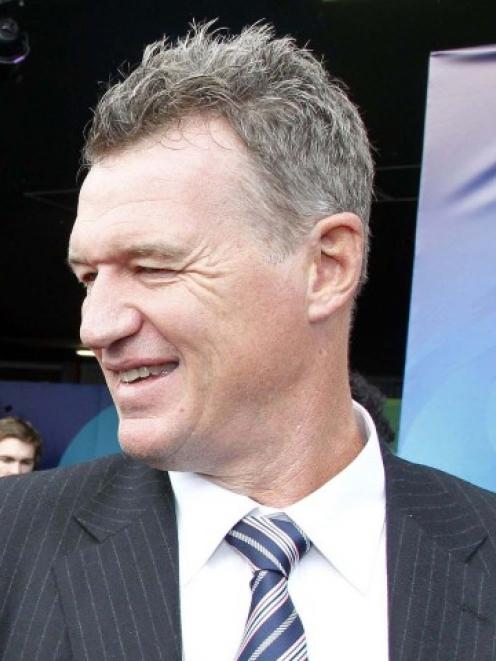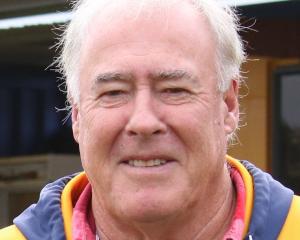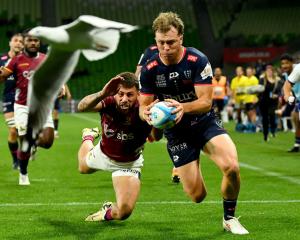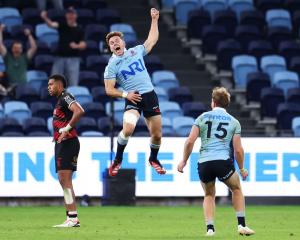
"The game is doing so much around the physical health of the professional player, and we very much appreciate this. However it is our belief that the prevalence of depression and feelings of despair is significant amongst professional athletes, and that the mental health of the professional rugby player both during and after his playing career is an area we need to put more resource and focus into," Nichol, who is also the New Zealand Professional Rugby Players' Association chief, said at the recent international conference in Dublin.
"We challenged the conference to ensure that by the 2015 Rugby World Cup the game can put its hand up and say that more than any other sport we understand the issues associated with the mental health of the elite player and that we have the screening, education and support programs in place to help those who need it."
Depression has received limited publicity in rugby circles in recent times and it was almost never spoken of before former All Black Sir John Kirwan broke the mould and mentioned his struggles with the illness during his playing days.
The current Blues' coach was knighted this year for his services to rugby and mental health awareness, and has also penned a book on his battle with depression.
Nichol felt his presentation on depression was a step forward for making it a talking point.
"We felt the presentation [in Dublin] was well received by what are a quality group of the medical practitioners and administrators operating throughout the rugby world. It is crucial we create an environment where players struggling to put their hand up, ask for help, so that professional people can help them."
Other key items on the agenda were the international judicial system and concussion.
Collision sports around the world have recently taken on varying protocols and tests with regards to concussion to support the long-term welfare of their players.
The International Rugby Players' Association (IRPA) has worked with the IRB during recent years to revise the Return to Play Protocol and drive the new Pitch Side Concussion Assessment (PSCA) process.
"We are very supportive of the PSCA process," Nichol said. "For years we argued that a player who takes a knock to the head needed to be able to be removed from the field of play in order to be better assessed. It was put off on the basis that it could be used as a means of manipulating substitution rules."
The judicial system's inconsistencies have been highlighted following the bizarre case of Adam Thomson where the All Blacks flanker was suspended for one game for stomping but the sanction was doubled on review after the intervention by IRB boss Brett Gosper.
Nichol said the IRPA wanted to rid the game of the inconsistencies in the judicial system.
"The objective will be to narrow down the subjective nature of the sanctioning regime, and to ensure that the primary focus is to suspend for the appropriate number of identified games, and therefore the number of weeks that encompasses those games, not the other way around which seems to confuse everyone."
The conference also touched on match-fixing within the game and the length of the season.
"We have lobbied hard for a better alignment around the season structure, between the club and international game, between the northern and the southern hemispheres.
"While most are committed to competitions in their current form, the period post 2015 perhaps provides the opportunity for some fresh thinking and debate regarding this long-standing issue," Nichol said.












